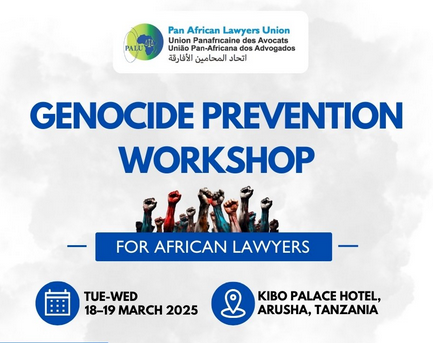The Russian Empire was built on Genocide. Don’t let Ukraine be next.
- Barbara Labbate

- Mar 1, 2022
- 4 min read
Updated: Dec 16, 2022
By Barbara Labbate

From the Imperial Russian Empire to the current Russian Federation, the Russian state has used genocide as a tool of expansion and control. From the annihilation of the Circassians and deportation of the Chechens in the North Caucasus to the Holodomor and Deportation of the Crimean Tatars in Ukraine; Russia has managed to change their demography by genocide. With the ongoing tensions between Ukraine and Russia, the West should not underestimate the possibility of another genocidal campaign.
There are multiple examples of the genocidal ambitions of both Russia in Tsarist times and in the Soviet Union. From the Imperial Russian conquest of the Circassians which resulted in the deaths of anywhere from 500,000 to 1.5 million Circassians; to the Holodomor less than 100 years later, when the Soviet authorities under Joseph Stalin sought to crush any notion of Ukrainian independence with a war of starvation against the Ukrainian peasantry, where anywhere from 4 to 7 million people perished.
Additionally, the Soviet Regime deported entire ethnic groups such as the Chechens, the Crimean Tatars, Koreans, Kalmyks, the Ingush, and the Meskhetian Turks, among others to Siberia and Central Asia.
The rhetoric of the current Russian government, with Putin at its centre, has been vocal about its aspirations to protect all ethnic Russians, no matter where. Putin’s Press Secretary, Dmitry Peskov, stated that Putin “is probably the main guarantor of the safety of the Russian world". The rhetoric being disseminated among Russian militants in Ukraine urges them to protect their Russian identities, and thus support Russia and its autocratic policies. In modern times, rather than conduct the genocide with their own troops, Russia is content with using proxy forces such as separatist militias to carry out their genocidal ambitions. As seen during the Russo-Georgian war of 2008.
Leading up to the invasion of Georgia, there were tensions between separatist forces in the northern region of Georgia representing the “independent nation” of South Ossetia. During a particularly inflammatory period between Georgian and separatist forces, Russia invaded and claimed the role of the peacekeeper. Russian forces have occupied the city and surrounding areas of Tskhinvali, Georgia, since the end of the war.
According to international law, Russia’s role as a peacekeeping force was to protect all civilians in territories under their control. However, a Human Rights Watch report found that Russian forces did not fulfil that responsibility. There was little to no prevention from looting, unlawful detention, or killings of the Georgian population. The report found that the attacks that the South Ossetian forces engaged in were “deliberate, systematic, and carried out on the basis of the ethnic and imputed political affiliations of the residents … with the express purpose of forcing those who remained to leave and ensuring that no former residents would return.” (Human Rights 2009, 131).
The negation of a Georgian claim to the occupied territories is central to separatist claims that the region is independent. The Georgian population made up around 28,000 people prior to 2008. Now that just under 4,000 remain, the separatist authorities should open up about their true goal. As a South Ossetian intelligence officer was quoted saying “We want to make sure that they [Georgians] can't come back because if they do come back, this will be a Georgian enclave again and this should not happen". Genocide was a direct tactic of legitimizing separatist claims.
Now, in Eastern Ukraine, separatist groups with Russian citizenship claim that the only way for their autonomy to be ensured is through Russian intervention. Are the separatists in Ukraine willing to go as far as the South Ossetian separatists did to ensure supposed credibility to their independence claim? We can’t know, but if they choose to, it is almost guaranteed that Russian forces will do little to protect Ukrainian civilians.
There have already been reports that religious minorities such as Greek Catholics, Muslims, Ukrainian Orthodox, among others have suffered persecution in occupied territory. Civilians in the occupied territories of Donbas and Crimea are required to have Russian citizenship or risk being deemed an illegal migrant or being excluded from public institutions. The Ukrainian language has already been banned in all Luhansk and Donetsk schools. The climate is turning hostile for those who refuse to legitimise the occupation and separatist authorities. Should they choose to get ahead of their problems, the West should not expect Russian forces to intervene.
As the world has its eyes on Russia and another possible invasion of Ukraine, we should not forget about the first Russian invasion since the collapse of the Soviet Union. It was an appeasement to Russia in 2008 that set the stage for the Ukrainian invasion in 2014. Recent Russian expansionism is being built on genocide, just like the Russian Empire before it, should we continue to fail to act we cannot feign surprise towards any atrocities that may follow.
Barbara Labatte is an Early Warning Analyst at Genocide Watch
The views and opinions expressed are those of the authors and do not necessarily reflect the official policy or position of Genocide Watch.
.png)







Comments